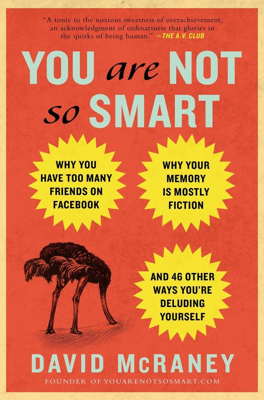Introspection
Misconception vs. Truth
Misconception:
You know why you like the things you like and feel the way you feel.
Truth:
The origin of certain emotional states is unavailable to you, and when pressed to explain them, you will just make something up.
Experiments Demonstrating Introspection Illusions
Poster Test (1990): Tim Wilson showed that individuals who had to explain their choice of a poster ended up disliking their selection after six months, while those who chose without explanation were satisfied. The act of rationalizing their choices skewed preferences toward easily justifiable options (e.g., motivational posters).
Photo Attraction Test: Participants were shown two small photos and asked to choose the more attractive. Unknown to them, they were later given a different photo than the selected one. Despite this, participants confidently explained their supposed choice logically.
Jam Quality Test: Subjects were asked to rank jams. Those who had to articulate reasons for their preferences made inconsistent choices, while those who didn't have to explain themselves agreed more with expert ratings.
Implications of Introspection Illusion
Emotional vs. Rational Decision Making: Forced rationalization dulls emotional responses, leading to choices that look good logically but are emotionally unsatisfying.
Art and Market Analysis: Critiques and market research become suspect because they require translating deep emotional responses into rational explanations, which are often fabricated.
Practical Insights
Human Preferences: Forming preferences is intuitive and hard to explain rationally. Attempting to do so can lead to dissatisfaction and inconsistency.
Introspection and Self-Knowledge: People believe they understand their motivations and preferences, but this belief often results from rationalizing past decisions rather than accessing genuine mental constructs.
Historical Perspective on Art Criticism
Evolving Opinions: Over time, critical and public opinions of art can shift significantly. What is derided today may be revered tomorrow, and vice versa, emphasizing the fluid nature of perceived value.
Example: Moby Dick, initially criticized harshly, is now hailed as a great American novel, illustrating that initial reception is often unreliable.
